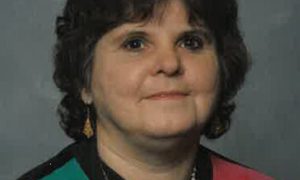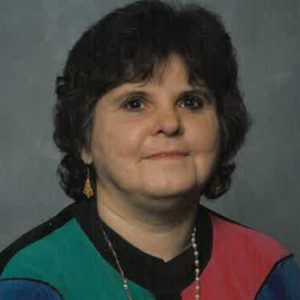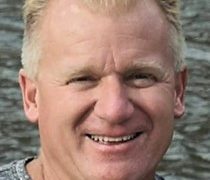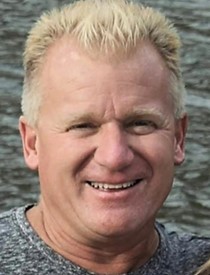By Cheryl Fasano, President & CEO of MHA
Workplaces that welcome the talents of all people, including people with disabilities, are a critical component in efforts to build an inclusive community and a strong economy. In my role at MHA, I see the impact that doing meaningful work can have on those we serve. Our participants include people with developmental or intellectual disabilities, people dealing with the life-changing effects of a stroke, people struggling with their mental wellness, and other disabilities.
This topic is timely because October is National Disability Employment Awareness Month. This annual observance educates the public about disability employment issues and celebrates the many and varied contributions of America’s workers with disabilities. The event’s history traces back to 1945, when Congress enacted a law declaring the first week in October each year “National Employ the Physically Handicapped Week.” In 1962, the word “physically” was removed to acknowledge the employment needs and contributions of individuals with all types of disabilities. In 1988, Congress expanded the week to a month and changed the name to National Disability Employment Awareness Month.
The U.S. Department of Labor’s Office of Disability Employment Policy leads the observance nationally, but its true spirit grows from local communities through the individual determination of people who overcome barriers and do meaningful work. It also grows from the vision of employers who provide access and reasonable accommodations so persons with disabilities can contribute to their organizations and our economy as part of the workforce.
As a local, nonprofit provider of residential and support services, MHA works with people who are impacted by mental illness, developmental disabilities, substance use and homelessness. For those whose disabilities are not so severe and medically challenged, MHA does its part to ensure that participants who want to work are ready to work. Consider two examples.
Erik, who suffered brain injury as a child, works at the CVS store in Ludlow. He has a job coach who guides him, but Erik does the work himself—and he has consistently and reliably for more than 20 years! Work is part of his identity and he will tell you he is proud to have a job. Erik resides at an MHA residential home. Our staff ensures he is well rested, eats a healthy breakfast, dressed in his work clothes and ready for his shift at CVS. Erik is ready to work!
After Allen sustained a serious injury, he was prescribed opioid pain killers. He became addicted and when couldn’t get more pills, as too often happens, he resorted to heroin. An overdose left him with acquired brain injury, but with support from MHA, he is making steady progress. In time he may be able to “graduate” from residential care and live independently. That is the goal. One step toward that goal is a job. Allen is just a few short weeks away from starting to work again. Something he has not done in recent years. He is ready to work.
MHA also has participants who work for nonprofits as volunteers, serving meals at Lorraine’s Soup Kitchen and cleaning at East Longmeadow Public Library and Forest Park Zoo. While they are not paid, they do meaningful work. They also make social connections, learn transferable skills and contribute to organizations that gain from having committed, loyal, pleasant and productive workers.
MHA encourages local businesses to consider offering employment opportunities to those we serve. Are program participants are ready to work – are you ready to hire?
If your organization can provide an opportunity for someone
who is ready to work, call Kimberley A. Lee, Vice President of Resource Development and Branding at 413-233-5343 or email her at [email protected].








